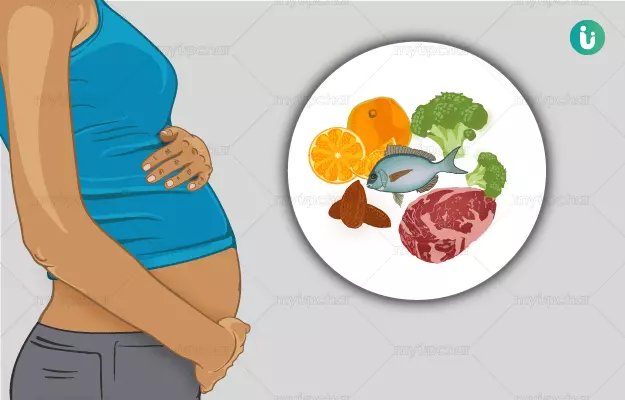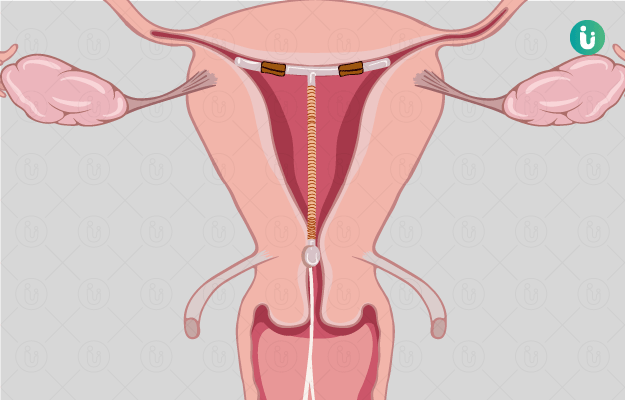Taking good care of your health is always important, but this care becomes even more vital when you are pregnant. During pregnancy, your immunity and nutrient intake play a key role in the development of your baby since your body is the means through which the growing foetus derives sustenance.
Most of the nutrients necessary for your growing baby should come from a healthy diet of fresh vegetables, fruits, dairy products, grains, nuts and seeds. These are chock full of proteins, carbohydrates, and healthy fats. But where micronutrients - vitamins and minerals - are concerned, most pregnant women are recommended certain supplements to make up for individual deficiencies and for extra developmental support for the baby.










































